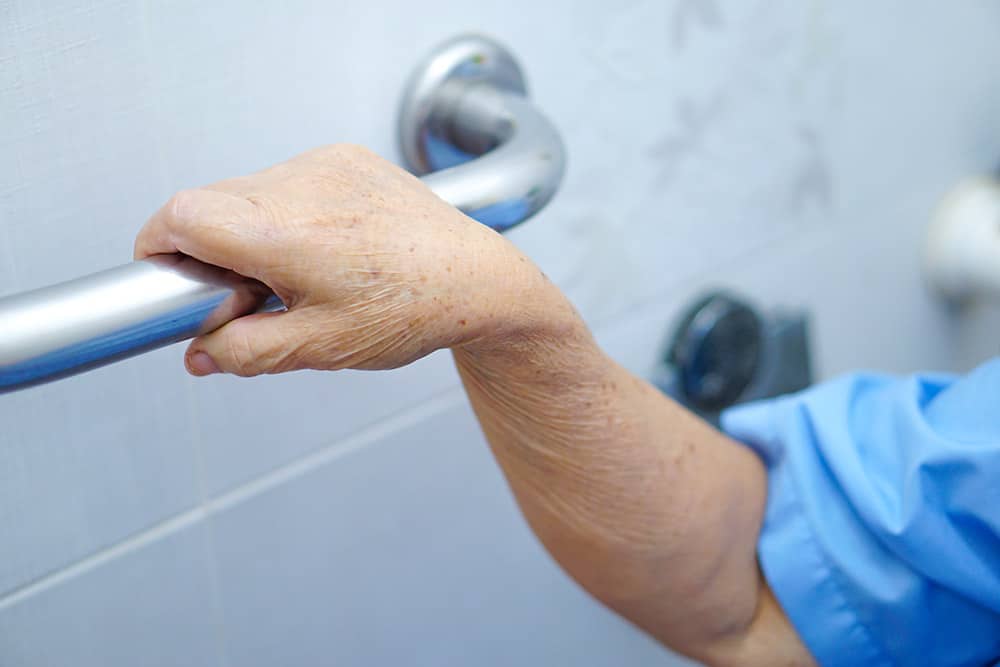Foundations to launch transformative portal to reduce lengthy waiting lists for DFG assessments

The national body for home improvement agencies (HIAs) in England, Foundations has been working with Iizuka and Leeds Beckett University on a new project to transform the Disabled Facilities Grant (DFG) assessment process.
The DFG is a grant that helps people with reduced mobility to make vital adaptations to their home, such as installing stairlifts, widening doors or making kitchens wheelchair-friendly. How much money an individual can get depends on their income and savings, meaning that some people may have to contribute towards an adaptation.
Foundations supports local authorities to improve how they deliver DFGs.
However, Foundations says that some clients have been known to experience waiting times of over 18 months, only to be told that they were not eligible for a DFG by their local council. In this time, the client’s health may have deteriorated and they may have moved into residential care or needed much larger interventions.
To help address this issue, Foundations has been working with Iizuka and Leeds Beckett University to build the AdaptMyHome portal, which will go live at the end of 2021.
The project, which is funded by Innovate UK, sets out to streamline the DFG application process and address the lengthy waiting times for clients who are looking for help to live comfortably in their own homes.
One of the key drivers for this project has been to reduce waiting lists for assessment, allowing occupational therapists (OTs) time to focus on other more complex areas such as larger adaptations.
In addition, AdaptMyHome will offer a way of engaging with these services online quickly for self-assessment, as opposed to traditional phone routes.
The portal will offer alternative pathways and solutions for clients without funnelling them all towards the local authority and streamlining the process for those who are in fact eligible for a DFG, Foundations notes.
The body says it wants to empower DFG clients to have a greater understanding of the different options they may have, how the funding works and the different stages of the process. Clients will receive advice on things they can do to improve their housing that will prevent further issues, whilst managing expectations of the type of support they may be eligible for.
After holding three workshops with local authorities in May and June, Foundations says it received mostly positive comments in this early stage and is looking forward to implementing feedback before the launch later this year.
The national body recently launched a guide for councils and HIAs about home adaptations for children and young people with behaviours that challenge. It calls for a better understanding of the needs of people with autism and/or learning disabilities in housing adaptations and the system-wide cost benefits.

